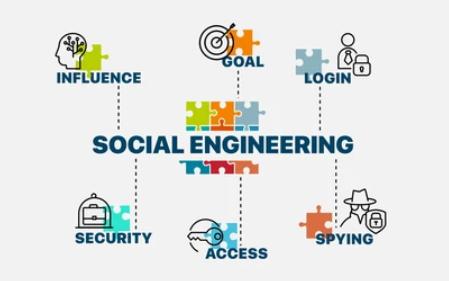Our Social Engineering Assessment services simulate real-world attacks to provide you with a current view of the human-related vulnerabilities and threats to your organisation. These 'human hacking' attacks involve our consultants impersonating a trusted individual in an attempt to gain information or access to your information and network infrastructure.

Our physical security testing begins with passive Internet reconnaissance, using publicly available sources to gather relevant information such as office locations, employee names, and contact details. This informs our on-site activities.
Our consultants will conduct a high-level assessment of your physical security controls, including:
Please note: Our techniques are non-destructive. Any potentially disruptive techniques are only ever attempted with your explicit, prior permission.
These remote assessments begin with passive internet reconnaissance to gather information about your company and employees, making the simulated attacks more believable and effective.
Using information gathered during reconnaissance, our consultants will impersonate a trusted individual (e.g., an IT helpdesk technician) and make phone calls to people within your organisation. The objective is to persuade users to divulge sensitive information, such as their login credentials, in violation of company policy.

We send customised emails to individuals and groups to entice them to click a link, open an attachment, or enter credentials into a fake login page. We offer campaigns at three levels: